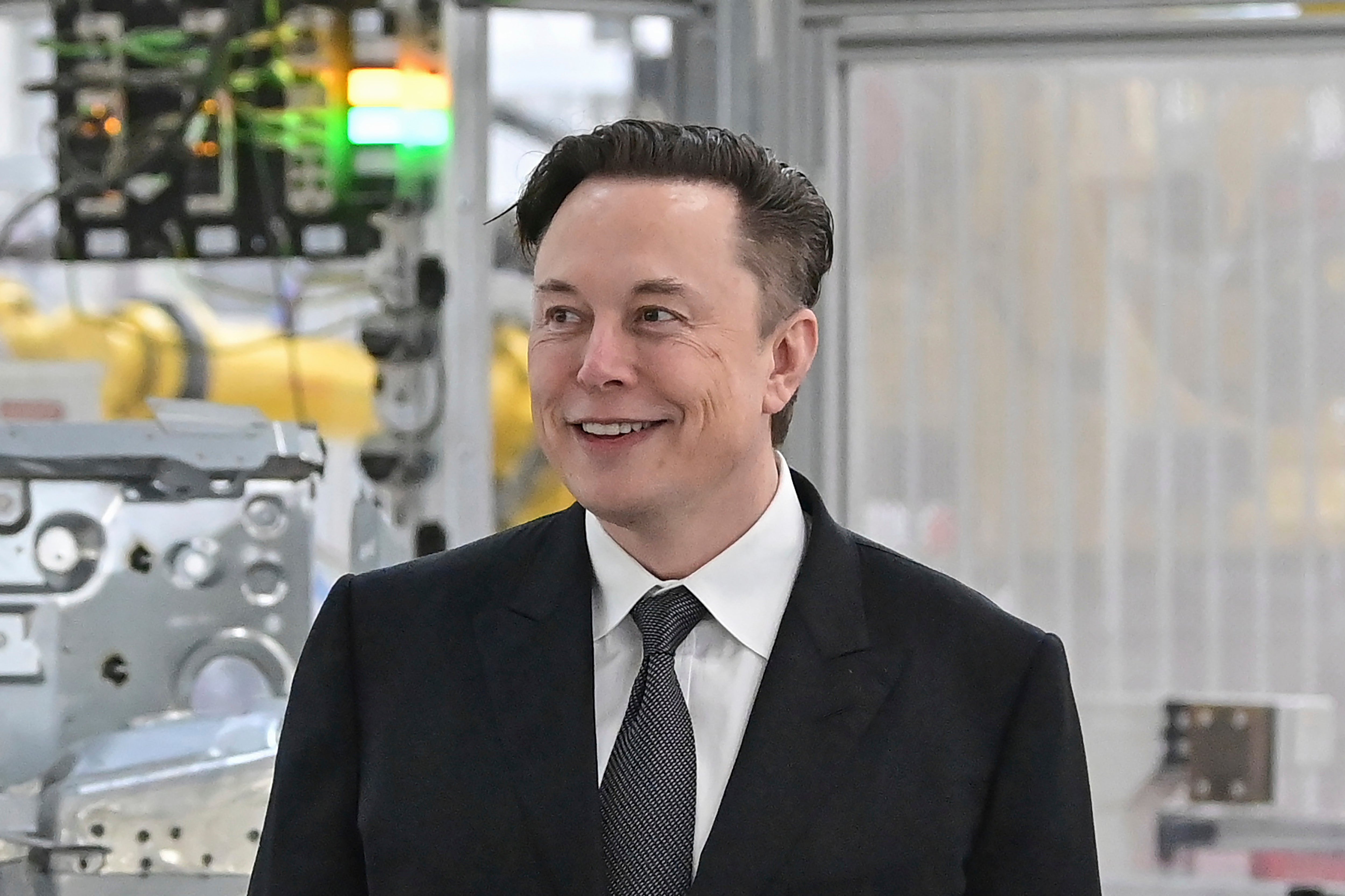Twitter shareholders sue Musk, say he 'deflated' stock price
Twitter shareholders have filed a lawsuit against billionaire Elon Musk, accusing him of unlawfully sowing doubt about his bid to buy Twitter

Your support helps us to tell the story
From reproductive rights to climate change to Big Tech, The Independent is on the ground when the story is developing. Whether it's investigating the financials of Elon Musk's pro-Trump PAC or producing our latest documentary, 'The A Word', which shines a light on the American women fighting for reproductive rights, we know how important it is to parse out the facts from the messaging.
At such a critical moment in US history, we need reporters on the ground. Your donation allows us to keep sending journalists to speak to both sides of the story.
The Independent is trusted by Americans across the entire political spectrum. And unlike many other quality news outlets, we choose not to lock Americans out of our reporting and analysis with paywalls. We believe quality journalism should be available to everyone, paid for by those who can afford it.
Your support makes all the difference.Twitter shareholders have filed a lawsuit accusing Elon Musk of engaged in “unlawful conduct” aimed at sowing doubt about his bid to buy the social media company.
The lawsuit filed late Wednesday in the U.S. District Court for the Northern District of California claims the billionaire Tesla CEO has sought to drive down Twitter’s stock price because he wants to walk away from the deal or negotiate a substantially lower purchase price.
San Francisco-based Twitter is also named as a defendant in the lawsuit, which seeks class action status as well as compensation for damages.
A representative for Musk did not immediately respond to a message for comment on Thursday. Twitter declined to comment.
Musk last month offered to buy Twitter for $44 billion, but later said the deal can’t go forward until the company provides information about how many accounts on the platform are spam or bots.
The lawsuit notes, however, that Musk waived due diligence for his “take it or leave it” offer to buy Twitter. That means he waived his right to look at the company’s non-public finances.
In addition, the problem of bots and fake accounts on Twitter is nothing new. The company paid $809.5 million last year to settle claims it was overstating its growth rate and monthly user figures. Twitter has also disclosed its bot estimates to the Securities and Exchange Commission for years, while also cautioning that its estimate might be too low.
To fund some of the acquisition, Musk has been selling Tesla stock and shares in the electric carmaker have lost nearly a third of their value since the deal was announced on April 25.
In response to the plunging value of Tesla’s shares, the Twitter shareholders' lawsuit claims Musk has been denigrating Twitter, violating both the non-disparagement and non-disclosure clauses of his contract with the company.
"In doing so, Musk hoped to drive down Twitter’s stock price and then use that as a pretext to attempt to re-negotiate the buyout,” according to the lawsuit.
Twitter's shares closed Thursday at $39.54, 27% below Musk's $54.20 offer price.
Before announcing his bid to buy Twitter, Musk disclosed in early April that he had bought a 9% stake in the company. But the lawsuit says Musk did not disclose the stake within the timeframe required by the Securities and Exchange Commission.
And the lawsuit says his eventual disclosure of the stake to the SEC was “false and misleading” because he used a form meant for “passive investors” — which Musk at the time was not, because he had been offered a position on Twitter's board and was interested in buying the company.
Musk benefited by more than $156 million from his failure to disclose his increased stake on time, since Twitter's stock price could have been higher had investors known Musk was increasing his holdings, the lawsuit claims.
“By delaying his disclosure of his stake in Twitter, Musk engaged in market manipulation and bought Twitter stock at an artificially low price,” the lawsuit says.